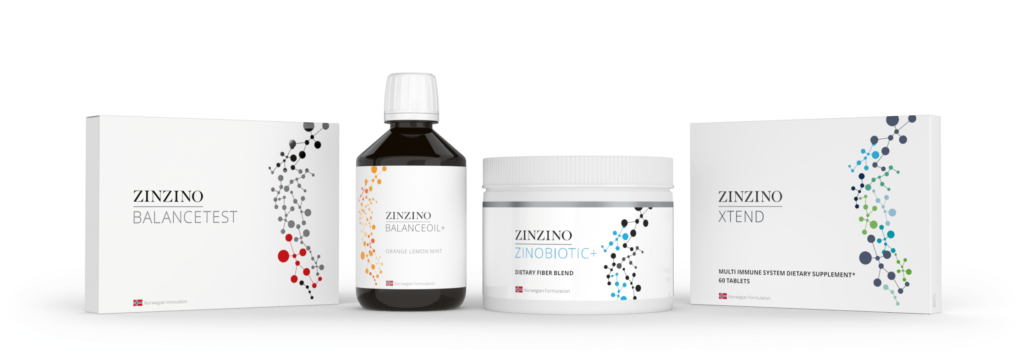Metabolic dysfunction is a growing concern in today’s health landscape, often flying under the radar until it manifests in severe health complications. One of the most critical areas affected by metabolic dysfunction is the liver, an organ pivotal to maintaining overall metabolic health. This blog delves into the intricacies of metabolic dysfunction, its alarming rise, and how it’s intricately linked to diet and lifestyle choices. Drawing on the expertise of Dr. Paul Clayton and evidence-based sources, we will explore practical steps to mitigate this silent epidemic.
The Rise of Metabolic Dysfunction
Metabolic dysfunction encompasses a range of disorders, including insulin resistance, obesity, dyslipidemia, and hypertension. These conditions disrupt the body’s ability to metabolise nutrients effectively, leading to an increased risk of chronic diseases such as type 2 diabetes, cardiovascular disease, and notably, liver disease.
The liver is central to metabolic processes, including detoxification, protein synthesis, and the production of biochemicals necessary for digestion. When metabolic health is compromised, the liver often bears the brunt, leading to conditions like non-alcoholic fatty liver disease (NAFLD), which has seen a dramatic increase in prevalence.
The Liver and Metabolic Dysfunction
NAFLD, a condition characterised by excessive fat accumulation in the liver, is now the most common liver disease globally. According to studies published on PubMed, NAFLD affects approximately 25% of the world’s population, with its incidence rising in parallel with the global obesity epidemic. The disease progresses silently, often undetected until it advances to more severe stages, such as non-alcoholic steatohepatitis (NASH), cirrhosis, or even liver cancer.
Research by Dr. Paul Clayton and others has highlighted the strong connection between diet, lifestyle, and liver health. Diets high in refined sugars, unhealthy fats, and low in essential nutrients contribute significantly to the development of NAFLD. Moreover, sedentary lifestyles exacerbate metabolic dysfunction, creating a vicious cycle of poor health outcomes.
The Role of Diet and Lifestyle
- Dietary Choices:
- Reduce Refined Sugars: High intake of fructose, commonly found in sugary beverages and processed foods, is strongly linked to fat accumulation in the liver.
- Healthy Fats: Incorporating healthy fats from sources like avocados, nuts, and olive oil can help improve lipid profiles and reduce liver fat.
- Balanced Macronutrients: A diet balanced in proteins, carbohydrates, and fats ensures optimal metabolic functioning. Lean proteins and complex carbohydrates should be prioritized.
- Physical Activity:
- Regular Exercise: Engaging in regular physical activity, such as brisk walking, cycling, or strength training, can improve insulin sensitivity and reduce liver fat.
- Active Lifestyle: Incorporating more movement into daily routines, such as taking stairs instead of the lift or walking during breaks, can have a significant positive impact.
- Supplements:
- Omega-3 Fatty Acids: Studies have shown that omega-3 supplements can reduce liver fat and inflammation.
- Vitamin D: Adequate levels of vitamin D are crucial for overall metabolic health and can be achieved through sunlight exposure and supplementation.
- Prebiotics: Gut health is closely linked to liver health, and prebiotics can help maintain a healthy gut microbiome, which in turn supports metabolic functions.

Preventive Measures
Preventing metabolic dysfunction and its associated liver complications requires a proactive approach. Here are key strategies:
- Regular Health Check-Ups: Routine blood tests can help monitor liver function and metabolic markers, allowing for early intervention if abnormalities are detected.
- Education and Awareness: Understanding the impact of diet and lifestyle on liver health is crucial. Public health campaigns and personal education can empower individuals to make healthier choices.
- Stress Management: Chronic stress can negatively affect metabolic health. Techniques such as mindfulness, yoga, and adequate sleep are essential for maintaining metabolic balance.
- Healthy Eating Habits: Adopting a Mediterranean diet, rich in fruits, vegetables, whole grains, and lean proteins, has been shown to significantly improve liver and metabolic health.
Conclusion
Metabolic dysfunction is a silent epidemic with far-reaching consequences, particularly for liver health. By making informed dietary choices, leading an active lifestyle, and incorporating appropriate supplements, individuals can take significant steps toward preventing metabolic dysfunction and its associated complications.
Drawing from the work of experts like Dr. Paul Clayton and supported by a wealth of evidence-based research, it is clear that the power to combat this epidemic lies in our daily choices. By prioritising our metabolic health, we not only protect our livers but also enhance our overall well-being, paving the way for a healthier future.
Taking these preventive measures is not just about adding years to life, but life to years. Make the change today for a healthier tomorrow.

